Before June of 1967, sixteen states still prohibited interracial marriage, including Virginia, the home of Richard Perry Loving, a white man, and his wife, Mildred Loving, a woman of African-American and Native-American descent.
Nine years prior, in June 1958, the couple traveled to Washington, D.C. — where interracial marriage was legal — to get married. When they returned home, however, they were arrested and sentenced to one year in jail for violating the state’s Racial Integrity Act.
According to court documents, the trial judge suspended the Lovings’ sentence for a period of 25 years on the condition that they leave the State and not return to Virginia together for 25 years. He stated in an opinion that:
Almighty God created the races white, black, yellow, malay and red, and he placed them on separate continents. And, but for the interference with his arrangement, there would be no cause for such marriage. The fact that he separated the races shows that he did not intend for the races to mix.
After spending five years in Washington, where Richard worked as a bricklayer and where the couple had their three children — Peggy, Donald and Sidney — they sought out the help of a young attorney named Bernard Cohen who was volunteering at the time with the American Civil Liberties Union (ACLU). The Lovings requested that Cohen ask the Caroline County, Virginia judge to reconsider his decision, a move that would lead to one of the civil rights movement’s most pivotal moments: the legalization of interracial marriage.
“They were very simple people, who were not interested in winning any civil rights principle,” Cohen told NPR in an interview marking the 40th anniversary of the Supreme Court’s decision to overturn the conviction of Richard and Mildred Loving.
“They just were in love with one another and wanted the right to live together as husband and wife in Virginia, without any interference from officialdom. When I told Richard that this case was, in all likelihood, going to go to the Supreme Court of the United States, he became wide-eyed and his jaw dropped,” Cohen said.
In June 1967, the court unanimously declared Virginia’s Racial Integrity Act of 1924 unconstitutional and ended all race-based marriage bans in the U.S.







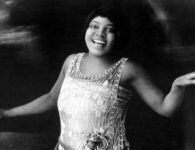
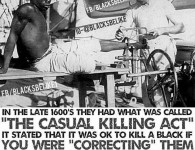
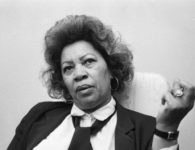

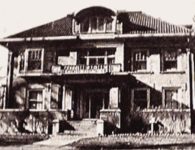
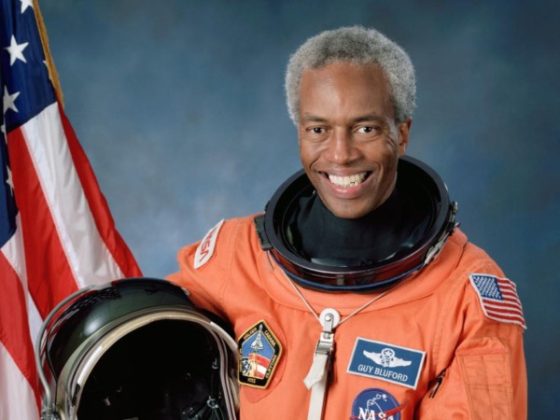
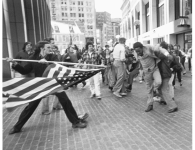


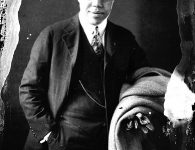
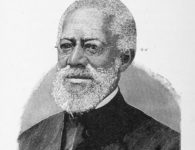
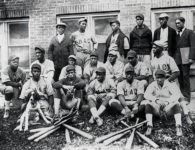
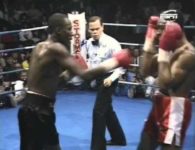


No comments